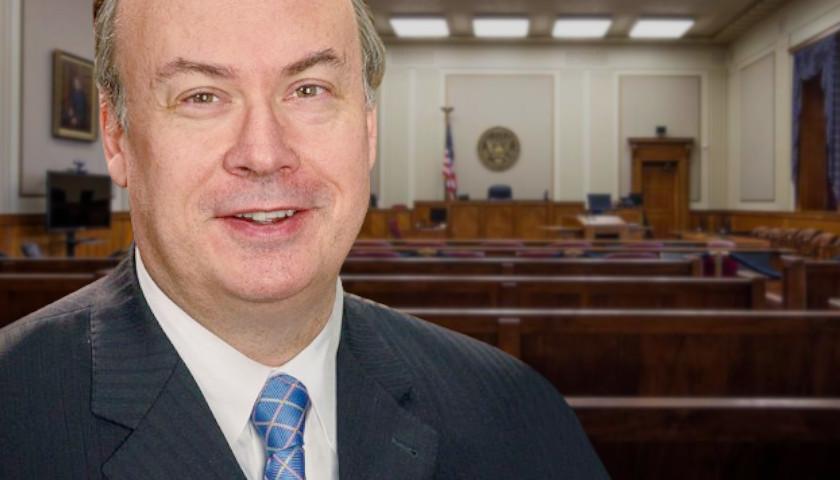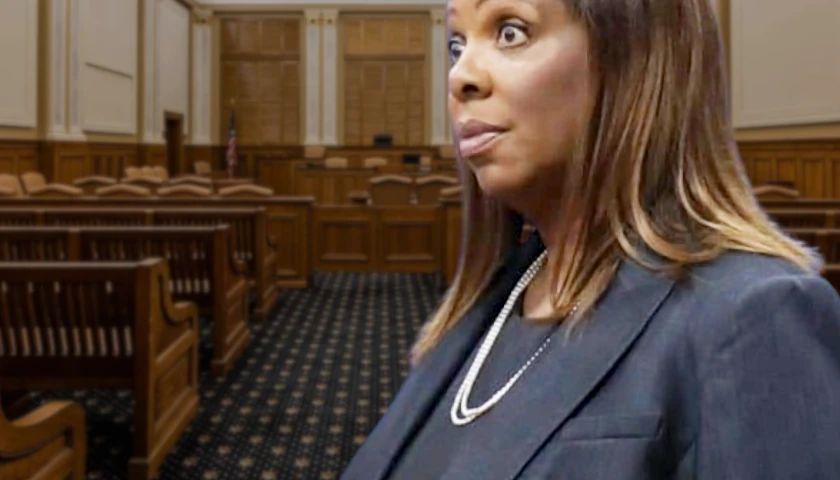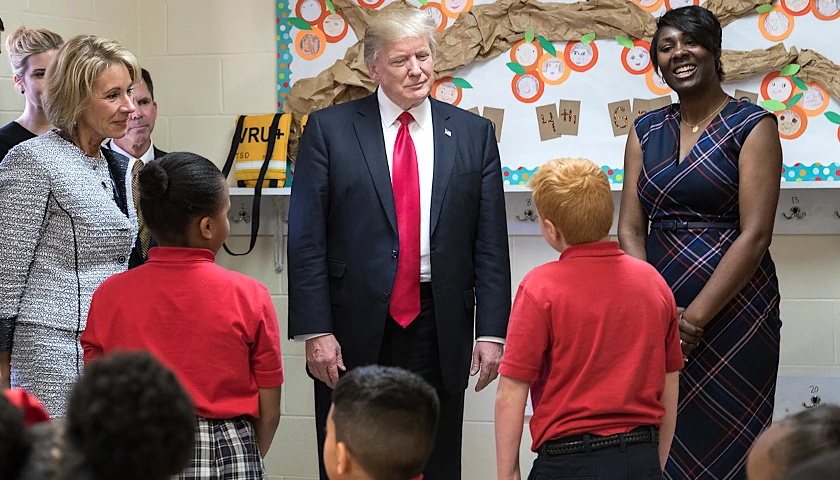by Madison Hirneisen
Gov. Glenn Youngkin is recommending amendments to a bill that seeks to phase out subminimum wage employment for people with disabilities in Virginia in the coming years.
Employers who hold a “14(c)” certificate under the Fair Labor Standards Act do not have to follow federal minimum wage laws when it comes to employing individuals with disabilities. As of April, 10 providers in Virginia either held or applied for these certificates – seven of which are actively paying employees with disabilities a subminimum wage, according to data from the U.S. Department of Labor. In total, 310 individuals are reported as being paid subminimum wage in Virginia as of April.
These employers are not corporations like McDonald’s or Starbucks, but employers that are often referred to as “sheltered workshops.” On average, a person with a disability working for an employer with a 14(c) certificate is paid $3.34 an hour, according to a 2020 report from the U.S Commission on Civil Rights.
The original version of House Bill 1924 by Del. Patrick Hope, D-Alrington, set increased wage rates that employers with a 14(c) waiver who employed workers with disabilities would be required to pay starting this summer. The bill would have increased the pay rate starting in July and raised it every year until July 2026, at which point employers who pay subminimum wage would be required to pay Virginia’s statewide minimum wage rate.
Under amendments recommended by Youngkin, there would be no dictated pay scale increase for workers with disabilities; instead, the governor’s bill would prohibit new businesses or providers from applying for a 14(c) waiver after July of this year. The governor’s bill would also dictate that no new employees with disabilities could be hired by providers with a 14(c) waiver and states that existing employees working in those settings can be employed there until July 2030.
Hope, the bill’s author, worked with the governor on the amendments to the measure after some Republican lawmakers in the Senate raised opposition to the bill over concerns it would take away employment opportunities for people with disabilities. Disability rights advocates, however, argue there are better opportunities for people with disabilities to be employed in their communities instead of sheltered workshops, as previously reported by The Center Square.
Hope told The Center Square he was determined to set an end date for 14(c) subminimum wage, noting that 2030 seemed to be a “reasonable timeframe” to ensure Virginians with disabilities are no longer working under subminimum wage employment.
“Ultimately, the Governor and I agreed, we’re in the same place, that this is a discriminatory practice, and we need to have a date certain where Virginia no longer finds it acceptable to discriminate against people with disabilities,” Hope said.
Hope said he is “completely confident” the state will meet the deadline before 2030, particularly after the receipt of a $13.8 million federal grant by the Virginia Department for Aging and Rehabilitative Services meant to help transition individuals who are currently under 14(c) employment into employment in the general workforce.
Disability rights advocates say the provisions governor’s proposed amendments still “closes the front door” by ensuring no new employees with disabilities are hired by providers with a 14(c) waiver, which they hope will result in workers with disabilities getting employment in their communities.
“We’re pretty pleased with closing the front door and then opening the backdoor to make sure that we’re prioritizing those folks to get out of there [sheltered workshops] and get into competitive employment,” Tonya Milling, executive director of The Arc of Virginia, told The Center Square.
Lawmakers will return to Richmond April 12 for a one-day reconvened session where the General Assembly will consider the governor’s vetoes and bill recommendations. If lawmakers vote to pass the amended version of HB 1924, Virginia will become the 14th state to eliminate subminimum wage employment for people with disabilities, according to the Association of People Supporting Employment First.
“It can’t be overstated the importance of Virginia leading in this area because Virginia was the first state to pass a Virginians with Disabilities Act, which became the model five years later for the Americans with Disabilities Act,” Hope said. “Virginia has a long history of being a leader and opposing discrimination, in the workplace and elsewhere, for people with disabilities.”
“It’s a signal to the nation that Virginia is not going to tolerate discrimination against people with disabilities,” Hope added.
– – –
Madison Hirneisen is a staff reporter covering Virginia and Maryland for The Center Square. Madison previously covered California for The Center Square out of Los Angeles, but recently relocated to the DC area. Her reporting has appeared in several community newspapers and The Washington Times.
Photo “Glenn Youngkin” by Glenn Youngkin. Background Photo “Disabled Person” by ThisIsEngineering.







